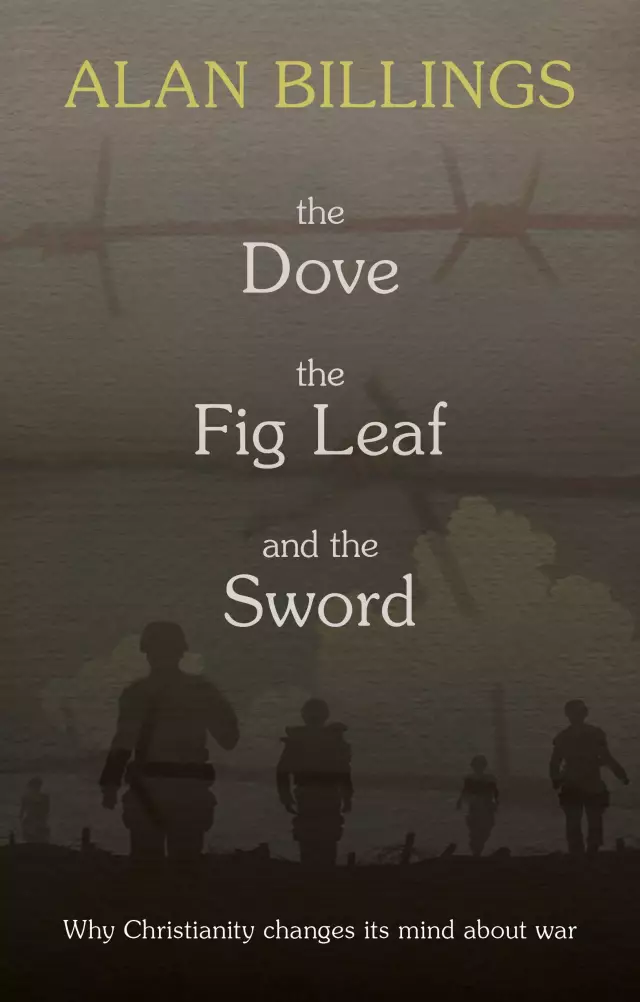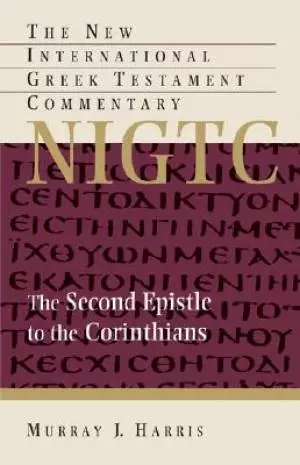The Dove, the Fig Leaf, and the Sword is a fascinating critique of the Church's varying response to the use of force over the centuries. BBC Radio 4 broadcaster and former Director of the Centre for Ethics and Religion at Lancaster University, Alan Billings overs Christians a great understanding of the complexity of peacekeeping, and the stress of praying for those in authority.
- Why does the pacifist movement of the first few centuries so quickly become an organization that supports emperors and finds reasons for fighting?
- What leads the Church to formulate just war principles only to abandon them when in pursuit of heretics and infidels?
- What is the relationship between Christianity and the idea of chivalry?
- Did just war principles ever stay the hand of Christian rulers?
- How could religious wars ever be fought?
- Why did the churches capitulate so easily to nationalist sentiment?
- What impact did two world wars have on Christian thinking?
- Why have the churches in more recent years and a more secular age apparently taken a more cautious approach to war?
These are the sort of questions this book sets out to answer. Its essential argument is that the movement begun by Jesus was never committed to pacifism in any absolute sense.




